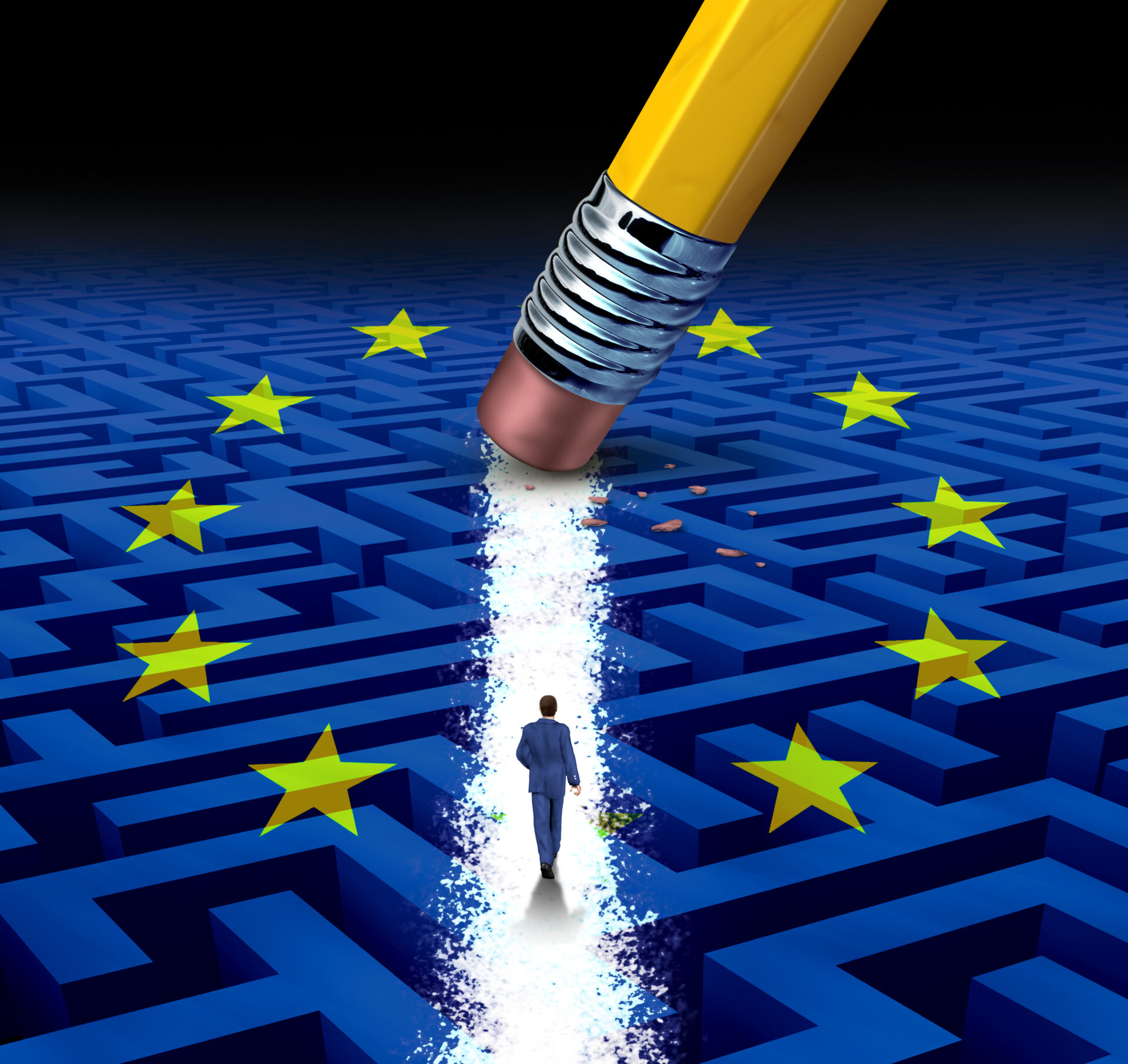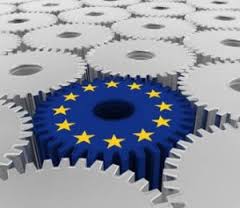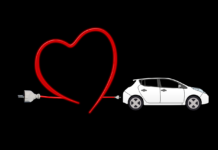
How do you become an Evaluator?
The Evaluator is selected among all those who have registered as “expert” on the Participant Portal of H2020. Thus it is necessary to register by opening an account on the Participant Portal and then to fill in the section as Expert. The information required regard education, professional experience and areas of competence.
What are the Evaluator’s task and their work instruments?
Determining bearing of the proposal to the tender; evaluating the quality of its targets with respect to the state of the art and the impact they will have on social, economic and possibly ethical level; and analyzing how the works was structured to attain the expected results.
This is necessary to avoid financing of projects that have already been submitted by others or that are inconsistent with the European ethical rules and/or legislation, both in terms of targets and the set-up of work. Moreover, all of this must “make sense” in terms of applications and goals, which should be challenging to justify the use of public resources, as well as credible to avoid scattering of resources.
Each evaluator works on their own PC, both remotely and at the European Commission, by means of secure connections with the personal work areas activated by the Commission.
Does the expert cover a specific call or topic? Or can she or he examine any proposal?
Based on the competence areas and own educational or professional experiences specified by evaluators, similar or different projects can be assigned to them. It is also based on the needs of the European Commission.
Does the Evaluator work on their own or in cooperation with other experts?
The Evaluator works on their own remotely, receiving access to the area of the Participant Portal where they can view the proposal/s to be evaluated. The time established for this phase is half a day, although correct assessment always requires more time. In particular, if the number of proposals is higher than 2 or 3, it is advisable to do the second check to make sure that nothing was overlooked. The works are supposed to be assessed one by one, without comparing them. However, it is crucial that all of them should be examined by means of the same methods applied completely and coherently. They are indicated in the guidelines of the European Commission.
Next, the Evaluator will attend a consensus meeting with other experts of the same proposal which can take place remotely or in the offices in Brussels. The meeting will be held at the presence of a European Commissioner who will not participate actively in the debate. This in turn will be moderated by an expert who has not analyzed the proposal under study. At the end of the consensus meeting, each proposal will be voted and a detailed Evaluation Summary Report will drawn up.
After all consensus meetings a Panel of the group of experts who evaluated the relevant proposals will ratify the final ranking.
What are the proposal scoring criteria?
Being perfectly in line with the topic; providing precise and clear description of the targets to be achieved – they must be plausible in terms of the necessary time to attain them and sufficiently challenging to justify the request for financing; ensuring ethical consistency of the result that will allow for strengthening of both the awareness and businesses; showing that the work is well-structured and that it encompasses complementary tasks among different partners; ensuring competence and efficiency of each partner in performing their specific activity.
Moreover: sticking to all criteria specified in the tender (without any exclusion) which in turn cover participation of the SMEs, a minimum number of end users, international cooperation, connections with other European initiatives and/or follow-ups of other projects in course or just completed ones. That last point aims to avoid duplicating already completed work and drive the progress on specific goals achieved, both from the scientific and technological point of view.
Per ricevere quotidianamente i nostri aggiornamenti su energia e transizione ecologica, basta iscriversi alla nostra newsletter gratuita
e riproduzione totale o parziale in qualunque formato degli articoli presenti sul sito.



















